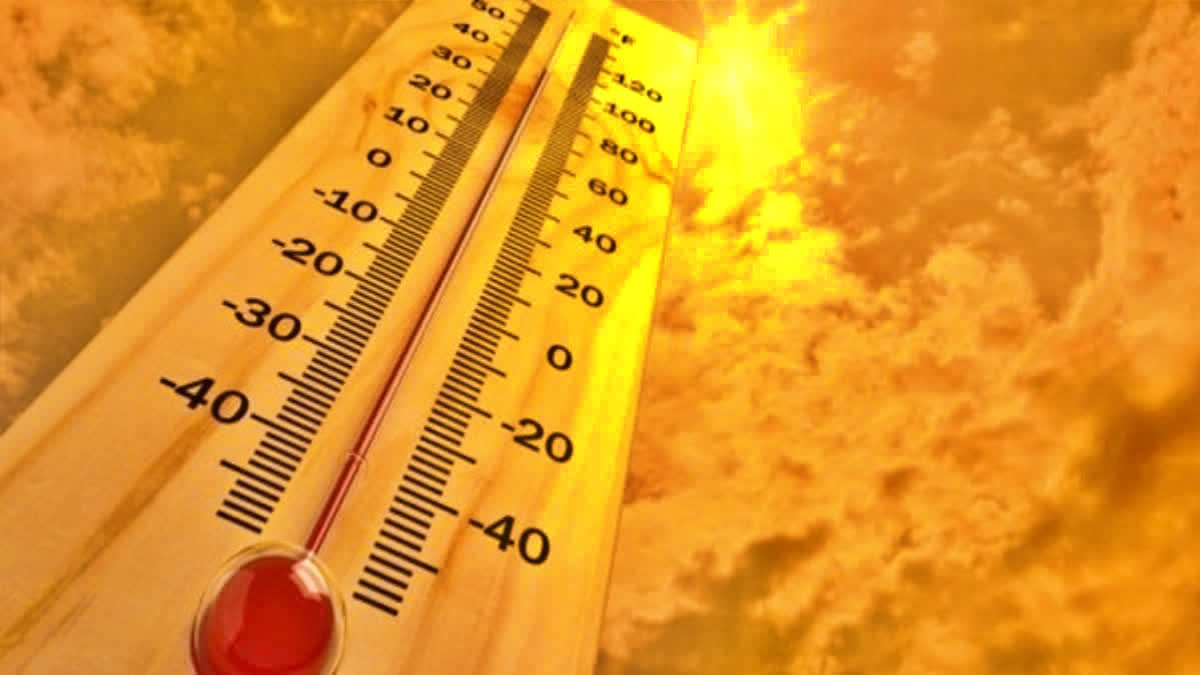Melbourne:One year in the next five will almost certainly be the hottest on record and there's a two-in-three chance a single year will cross the crucial 1.5C global warming threshold, an alarming new report by the World Meteorological Organization predicts. The report, known as the Global Annual to Decadal Climate Update, warns if humanity fails to reduce greenhouse gas emissions to net zero, increasingly worse heat records will tumble beyond this decade.
So what is driving the bleak outlook for the next five years? An expected El Nino, on top of the overall global warming trend, will likely push the global temperature to record levels. Has the Paris Agreement already failed if the global average temperature exceeds the 1.5C threshold in one of the next five years? No, but it will be a stark warning of what's in store if we don't quickly reduce emissions to net zero.
Warming makes record heat inevitable. The World Meteorological Organization update says there is a 98 per cent chance at least one of the next five years will be the hottest on record. And there's a 66 per cent chance of at least one year over the 1.5C threshold. There's also a 32 per cent chance the average temperature over the next five years will exceed the 1.5C threshold.
The chance of temporarily exceeding 1.5C has risen steadily since 2015, when it was close to zero. For the years between 2017 and 2021, it was a 10 per cent chance. Human-caused greenhouse gas emissions have already driven up global average temperatures by more than 1C since the late 19th century.
The update notes the 2022 average global temperature was about 1.15C above the 1850-1900 average, despite the cooling influence of La Nia conditions. Temperatures are now rising by about 0.2C per decade. We now have more than a century of global mean temperature data. That means it should be getting harder, not easier, to achieve new records.
If there was no trend, we would expect to see fewer records as time passes and the data we've collected better captures the full range of natural climate variability. Instead, because we are warming the world so quickly, more heat records are being set globally and at the local level. The human influence on the climate is pushing temperatures to unprecedented highs with alarming frequency.
Add El Nino, then extreme highs are likely. The current record global average temperature dates back to 2016. A major El Nio event early that year pushed up the global average temperature. El Nio events are associated with warmer-than-normal seas over much of the central and eastern Pacific. This helps warm the lower atmosphere and raise global temperatures by about 0.1C.
